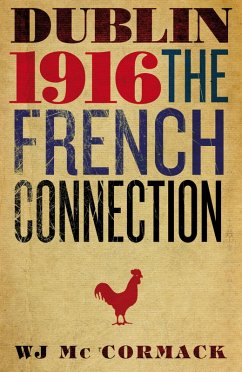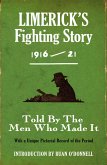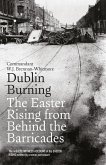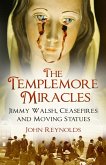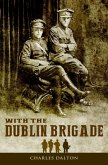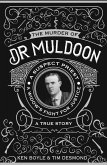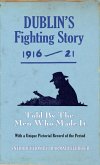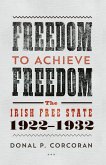All revolutionary movements since 1789 have looked instinctively to the French model. In this book, Bill Mc Cormack demonstrates that the French influence in Ireland was indeed profound, especially in the years leading up to the Easter Rising. However, it was not the traditions of the Tennis Court Oath or Bastille Day that motivated the Irish rebels, but a new French Catholic nationalism which reached its apogee with the Dreyfus Affair (1895) and which pervaded literature as well as politics.
This was a complex reactionary movement, partly religiose, partly royalist, and anti-modern. In Ireland, its influence was advanced through the thought of individual visitors, through Catholic teaching orders, and through a vigorous periodical press. The 'blood sacrifice' rhetoric of Patrick Pearse and (eventually) James Connolly owes more to Maurice Barrès than to Wolfe Tone. Connolly's use of the sympathetic strike derives from Georges Sorel's syndicalism.
Mc Cormack examines how the formerly anti-clerical Irish Republican Brotherhood was in effect re-baptised by a French-inspired Catholic mission, which even absorbed Pearse's English and agnostic father. He explores the wealth of French material published by Thomas MacDonagh and J. M. Plunkett in The Irish Review (1911-1914), and traces the long campaign of The Catholic Bulletin to convert the rebel dead into martyrs. Finally, he discusses how the anti-democratic undertow of 1916 breaks out again in 1939 with the IRA's bombing campaign in England.
This was a complex reactionary movement, partly religiose, partly royalist, and anti-modern. In Ireland, its influence was advanced through the thought of individual visitors, through Catholic teaching orders, and through a vigorous periodical press. The 'blood sacrifice' rhetoric of Patrick Pearse and (eventually) James Connolly owes more to Maurice Barrès than to Wolfe Tone. Connolly's use of the sympathetic strike derives from Georges Sorel's syndicalism.
Mc Cormack examines how the formerly anti-clerical Irish Republican Brotherhood was in effect re-baptised by a French-inspired Catholic mission, which even absorbed Pearse's English and agnostic father. He explores the wealth of French material published by Thomas MacDonagh and J. M. Plunkett in The Irish Review (1911-1914), and traces the long campaign of The Catholic Bulletin to convert the rebel dead into martyrs. Finally, he discusses how the anti-democratic undertow of 1916 breaks out again in 1939 with the IRA's bombing campaign in England.
Dieser Download kann aus rechtlichen Gründen nur mit Rechnungsadresse in A, B, BG, CY, CZ, D, DK, EW, E, FIN, F, GR, H, IRL, I, LT, L, LR, M, NL, PL, P, R, S, SLO, SK ausgeliefert werden.

